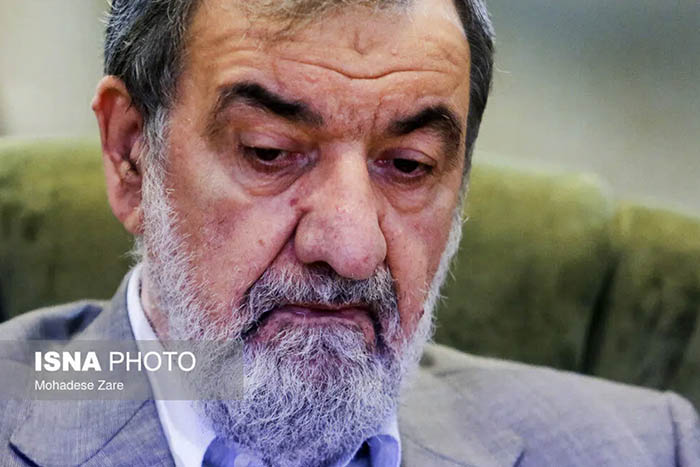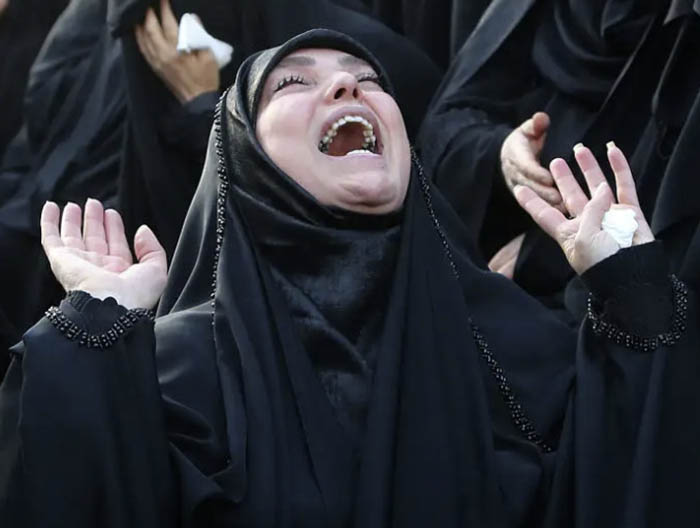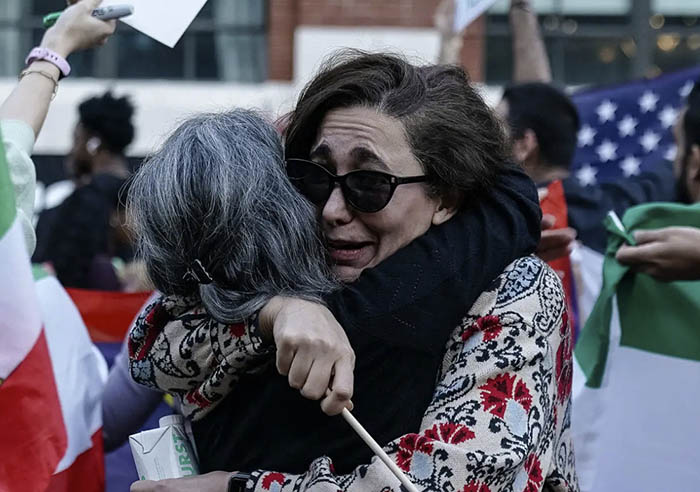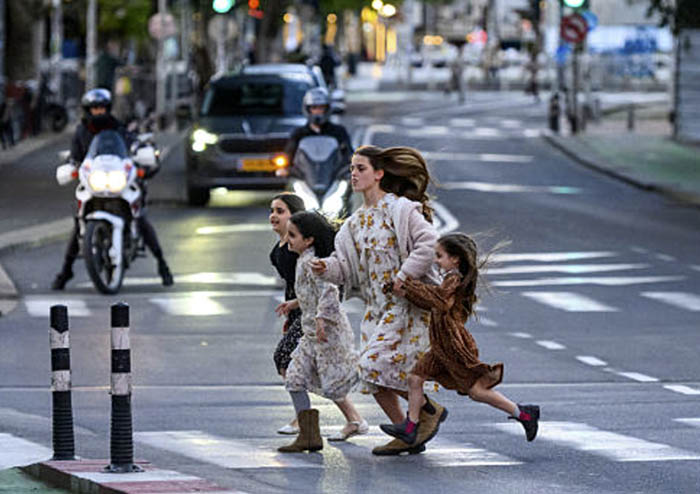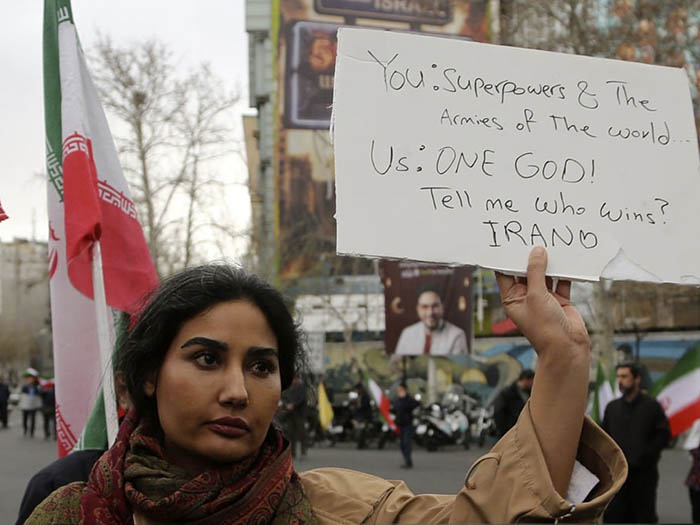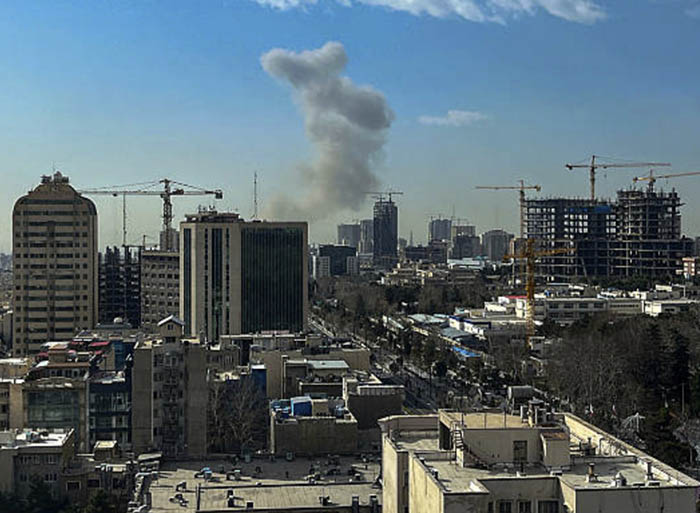Mohsen Rezaei Cries Loudly at Raisi Governance Model Conference in Mashhad
Who Is Mohsen Rezaei?
Early Life and Military Career
Mohsen Rezaei was born on September 1, 1954, in Sabzevar, a city in northeastern Iran. He grew up during a period of political upheaval, which culminated in the Iranian Revolution of 1979. Rezaei’s early involvement in Islamist activism led him to join the revolutionary movement that overthrew the Shah’s regime.
Following the revolution, Rezaei rapidly rose through the ranks of Iran’s nascent military and political institutions. His military career was distinguished by his appointment as the commander-in-chief of the Islamic Revolutionary Guard Corps (IRGC) in 1980, a position he held until 1997. During this period, Iran was embroiled in the Iran-Iraq War (1980-1988), and Rezaei played a pivotal role in shaping Iran’s military strategies and defense policies.
Political Career and Influence
After his retirement from military service, Rezaei transitioned into politics, becoming a key conservative figure in Iran’s political landscape. He is affiliated with the Resistance Front of Islamic Iran, a conservative coalition that emphasizes resistance, sovereignty, and Islamic values.
Rezaei has served in various influential roles:
- Expediency Discernment Council: Member since 1997, serving as its secretary for many years.
- Vice President for Economic Affairs: From 2021 to 2023, Rezaei was responsible for shaping Iran’s economic policies amid sanctions and economic challenges.
- Secretary of the Supreme Council for Economic Coordination: A key body coordinating economic policymaking in Iran.
Despite his significant influence, Rezaei has often been characterized as a “perennial candidate” in presidential elections, running multiple times but seldom winning. His campaigns are seen as representing the conservative establishment’s core values.
Political Stance and Ideology
Rezaei’s political stance is rooted in conservative principles, emphasizing resistance against Western influence, maintaining Iran’s Islamic revolutionary ideals, and fostering economic independence. He advocates for a strong military posture, self-sufficiency in defense and economy, and a skeptical view of Western diplomacy.
He is also known for his pragmatic approach to economic issues, emphasizing the need for Iran to diversify its economy and reduce dependence on oil exports. His leadership style combines military discipline with conservative values and a focus on national sovereignty.
